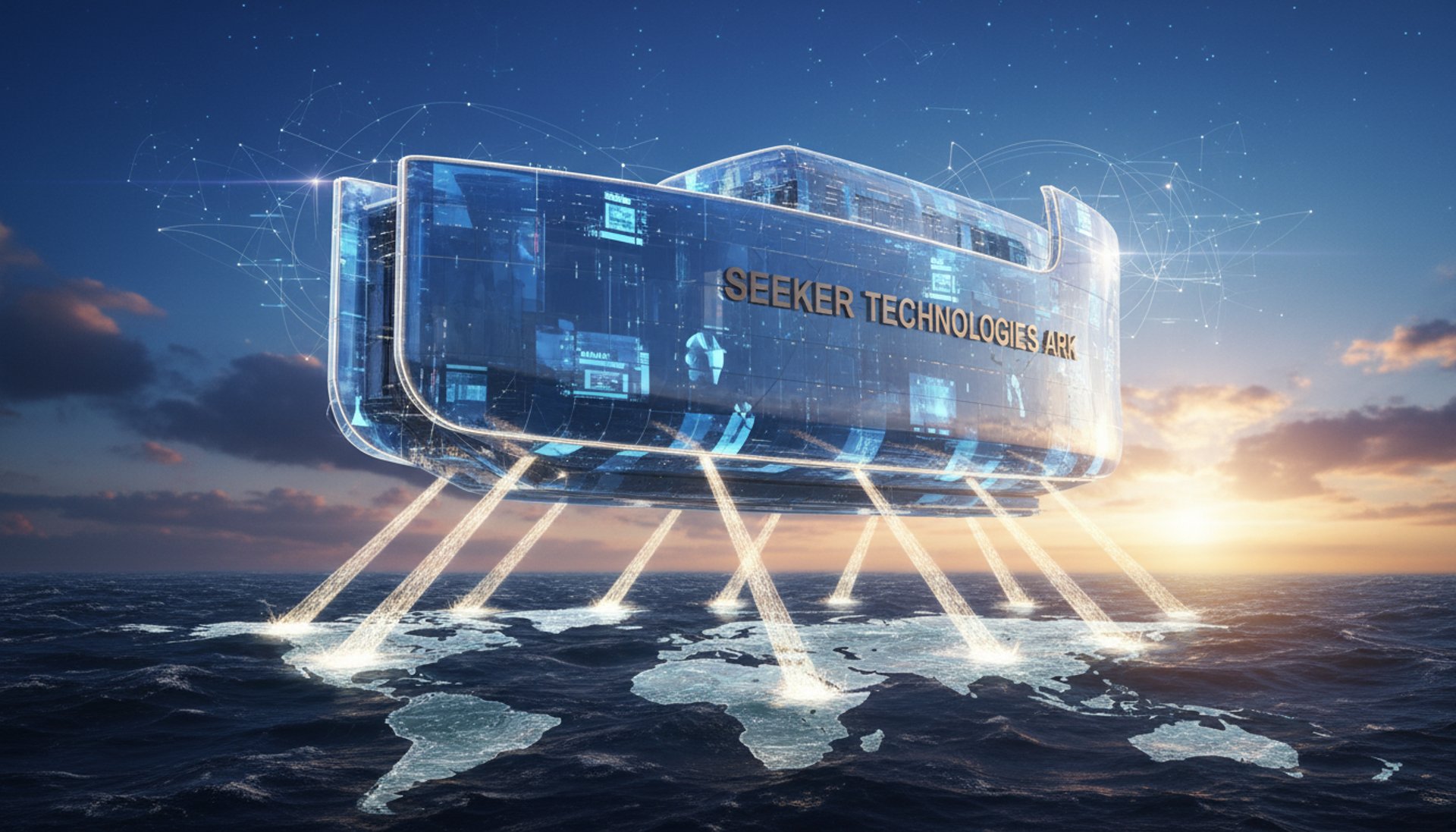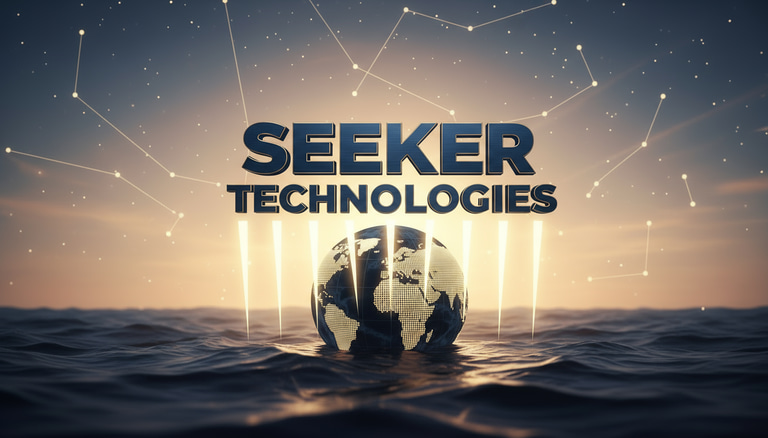
Mission-Critical Solutions Deployed
from Every ARK Room
What We Deliver:
Real-time AI intelligence for law enforcement and responders.
AI-powered support and autonomy for defense and warfighters.
Transparent, global commerce through 7 Affordable.
Exploration platforms for space and subsea—secure, unmanned, mission-ready.
